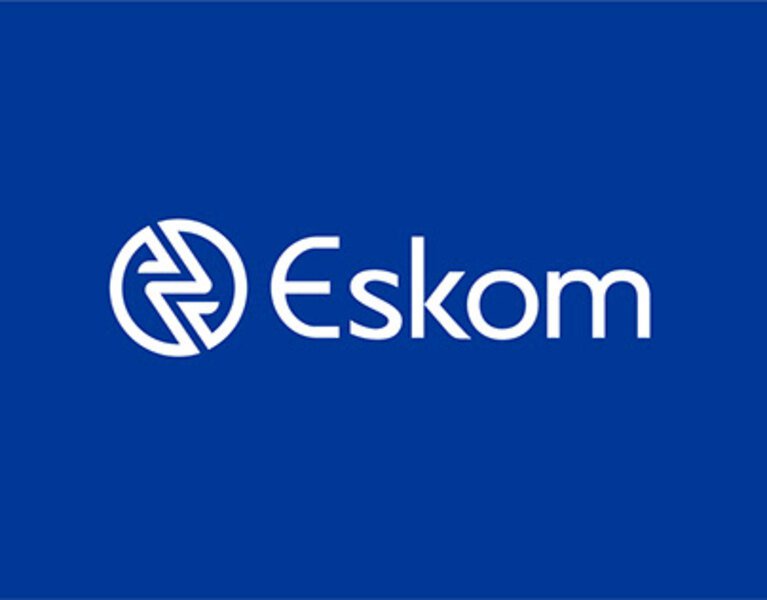NCOP approves R230bn Eskom Debt Relief Bill
Updated | By Mmangaliso Khumalo
The National Council of Provinces (NCOP) has passed the Eskom Debt Relief Amendment Bill, with 56 votes in favour and 10 against, clearing the way for a major restructuring of financial support to the embattled power utility on Wednesday.

The bill adjusts the Eskom debt relief allocation for the 2025/26 financial year from R40 billion to R80.2 billion, while introducing a further R10 billion allocation in 2028/29.
These adjustments are part of the broader R230 billion debt relief package enacted in 2023 to help Eskom address its crippling debt burden and improve energy security.
Chairperson of the Select Committee on Appropriations, Tidimalo Legwase, said the amendment reduces the allocated amount for the current year and converts the full 2025/26 allocation into a conditional loan.
"One, it reduces the amount allocated for Eskom in the 2025-26 financial year. Two, it converts the entire 2025-26 amount into a loan. And lastly, it provides for an allocation to Eskom into the 2028-29 financial year."
She added that government has so far disbursed R140 billion of the planned R230 billion, but noted that this was R40 billion less than originally projected due to Eskom’s failure to meet a key condition—disposing of its finance company.
National Treasury, she said, had since agreed with Eskom to convert the relief into government equity over time, which would ease pressure on the country’s gross borrowing requirements.
Meanwhile, the Economic Freedom Fighters (EFF) strongly opposed the bill.
In a scathing declaration, the party said it had been vindicated in its original opposition to the 2023 Act and reiterated its call for a coal-based, state-driven energy strategy.
EFF MP Mathapelo Siwisa argued that the current debt relief approach prioritises lenders over ordinary South Africans.
"We reject the strict conditions set by government on Eskom because they prioritise the interest of those who lend money to Eskom over the needs of our people… Electricity must not be produced for profit, but for the development and the livelihood of our people."
Siwisa also called for the cancellation of Independent Power Producer (IPP) agreements, which it claimed amounted to "theft of Eskom money", and urged a redirection of state development finance into boosting Eskom’s generation capacity through coal and maintenance.
"We must rebuild Eskom artisanal capacity and ramp up maintenance. Municipalities are struggling to pay Eskom debt and are simply passing this cost onto the people.
"We must direct the PIC and other state-owned financial development institutions such as the IDC and DBSA to be involved in building additional generations.
"Electricity must not be produced for profit, but it must be produced for the development and the livelihood of our people."
Defending the bill, the ANC said the amendment was vital to stabilise Eskom’s finances and prevent a sovereign debt crisis, given the government’s guarantee on Eskom loans.
ANC NCOP delegate Bhekizizwe Radebe said the financial restructuring had already yielded positive results.
"This bill has enabled the revitalisation of Eskom through free cash resources... Eskom has engaged in maintenance of its coal fleet and refurbished key plants. This has helped reduce load shedding, and the country has not experienced load shedding for over 300 days."
Radebe also noted the bill’s role in supporting Eskom’s unbundling into three operational units and unlocking new transmission capacity, including for renewable energy.
Party vote splits
The bill was adopted without any abstentions, with 56 votes in favour and 10 against.
The EFF, Freedom Front Plus, and other smaller opposition parties voted against the bill, mainly citing affordability, structural concerns, and the lack of benefit to low-income households.
No amendments were made to the bill during its passage through the NCOP.
Oversight and conditions
Legwase highlighted that National Treasury had been advised to increase transparency regarding the loan-to-equity conversion, outline clear performance indicators, and ensure that public funds are monitored through robust reporting mechanisms.
The committee also called for stronger alignment of Eskom support with the country’s just energy transition goals and recommended broader consultations with affected communities and energy experts in future fiscal policy decisions.
The Eskom Debt Relief Amendment Bill will now be sent for presidential assent.
Find us on social media
Follow the ECR Newswatch WhatsApp channel here
MORE ON ECR

Show's Stories
-
More South Africans relying on credit to survive
South Africans are increasingly relying on credit to make ends meet, wit...
Stacey & J Sbu 3 weeks, 1 day ago -
Danny Guselli reminisces on KZN's wins for the week
KZN, what's your big (or small) win for the week?
Danny Guselli 3 weeks, 1 day ago